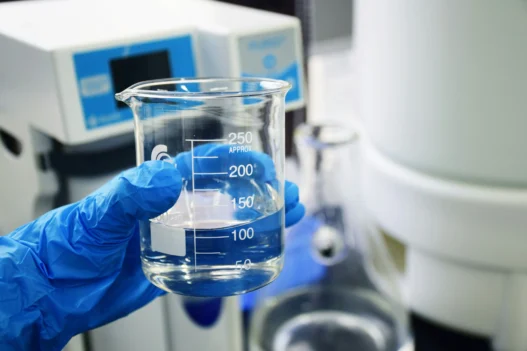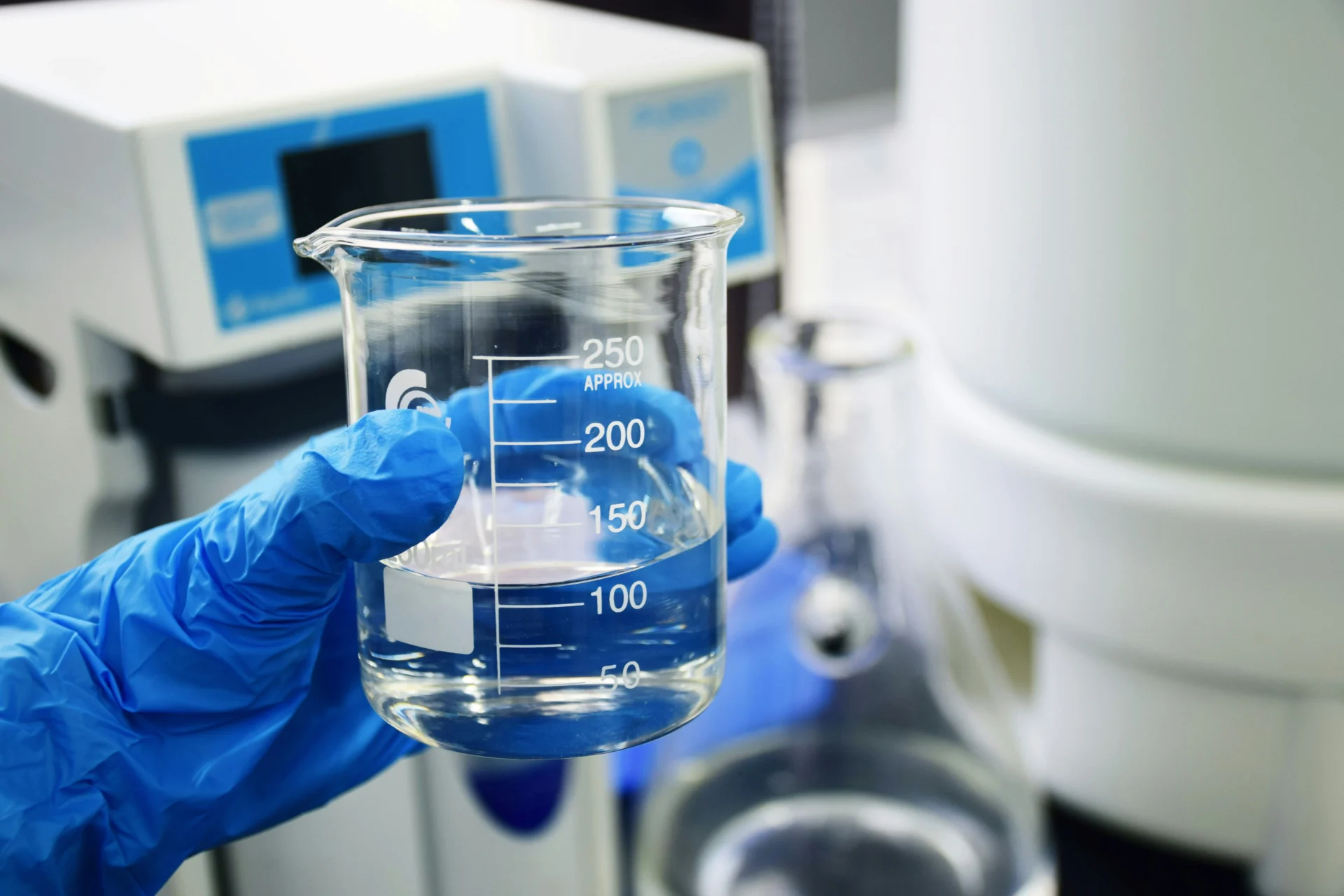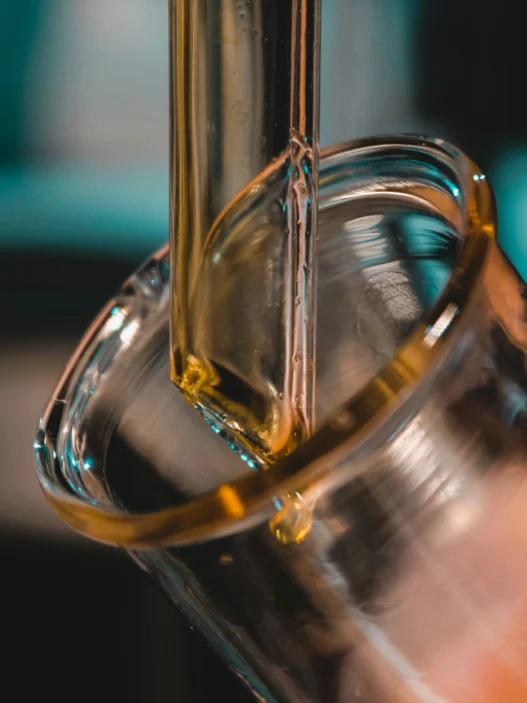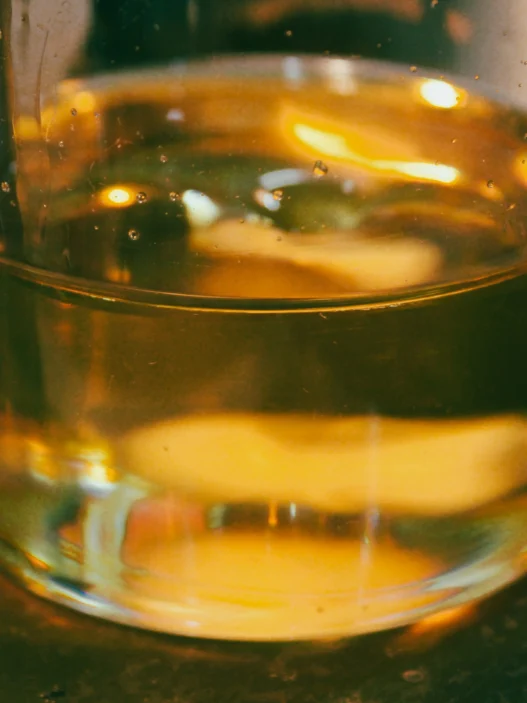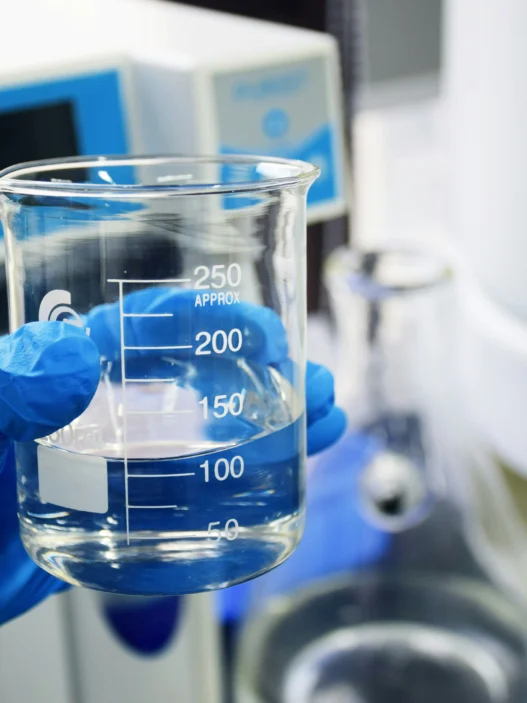Propyl isobutyrate is a chemical compound commonly used in the food and fragrance industries due to its pleasant fruity odor. It is often employed as a flavoring agent in various food products such as candies, baked goods, and beverages. Additionally, propyl isobutyrate serves as a key ingredient in the production of perfumes, cosmetics, and other scented consumer goods. Its versatility and wide array of applications make it a significant component of many everyday products that contribute to our sensory experiences.
Table of Contents:
- 💡 Commercial Applications
- ⚗️ Chemical & Physical Properties
- 🏭 Production & Procurement
- ⚠️ Safety Considerations
- 🔬 Potential Research Directions
- 🧪 Related Compounds
💡 Commercial Applications
Propyl isobutyrate is commonly used in the food and beverage industry as a flavoring agent due to its fruity odor. It is also utilized in the production of perfumes and cosmetics for its pleasant aroma. Additionally, propyl isobutyrate is found in various household products such as air fresheners and cleaning agents.
In the pharmaceutical industry, propyl isobutyrate is used as a solvent and excipient in the formulation of drugs and medications. Its solubility and compatibility with other ingredients make it an ideal additive in pharmaceutical products. Propyl isobutyrate is also used in the production of topical creams and ointments for its emollient properties.
Overall, propyl isobutyrate plays a significant role in various commercial and industrial applications, from enhancing the flavor of food products to serving as a key ingredient in pharmaceutical formulations. Its versatility and effectiveness make it a valuable component in a wide range of consumer goods.
⚗️ Chemical & Physical Properties
Propyl isobutyrate is a colorless liquid with a fruity odor, often described as sweet and slightly floral. It is commonly used as a flavoring agent in various food and beverage products.
With a molar mass of approximately 130.2 g/mol and a density of about 0.86 g/cm3, propyl isobutyrate falls within the range of molar masses and densities of common food items, such as sugars and alcohols.
Propyl isobutyrate has a melting point of around -88°C and a boiling point of approximately 118°C. These values are comparable to those of common food items, butanol and octanoic acid, which exhibit similar melting and boiling points.
Propyl isobutyrate is insoluble in water but miscible in many organic solvents. It has a relatively low viscosity, making it easy to mix and handle. In comparison to common food items, propyl isobutyrate demonstrates similar solubility characteristics but slightly lower viscosity levels.
🏭 Production & Procurement
Propyl isobutyrate is typically produced through esterification, a chemical reaction between isobutyric acid and n-propanol. This process involves the combination of the two compounds in the presence of an acidic catalyst, leading to the formation of Propyl isobutyrate and water as a byproduct. The reaction is typically carried out under specific conditions to ensure optimal yield and purity of the final product.
The procurement of Propyl isobutyrate can be accomplished through various chemical suppliers and distributors. The compound is commonly available in both bulk quantities and smaller packaging options, depending on the specific needs of the buyer. Transportation of Propyl isobutyrate is typically done in sealed containers to prevent leakage and ensure the integrity of the product during transit. Various shipping methods may be utilized, such as road, rail, or air transport, depending on the distance and urgency of delivery.
In order to maintain the quality and safety of Propyl isobutyrate during transport, proper precautions must be taken to prevent exposure to extreme temperatures and humidity. The compound should be stored in a cool, dry place away from direct sunlight and sources of heat. Furthermore, it is important to handle Propyl isobutyrate with care to avoid spills or leaks, which could pose risks to both the environment and human health. Ultimately, adherence to strict handling and storage guidelines is crucial in ensuring the continued availability and utility of this valuable chemical compound.
⚠️ Safety Considerations
Safety considerations for Propyl isobutyrate must be taken into account due to its potential hazards. This chemical compound should be stored in a cool, dry place away from sources of heat or ignition. It should also be kept away from incompatible materials to prevent any dangerous reactions. When handling Propyl isobutyrate, personal protective equipment such as gloves and safety goggles should be worn to avoid skin contact and eye irritation. In case of accidental exposure, immediate medical attention should be sought.
Hazard statements for Propyl isobutyrate include “Causes skin irritation” and “Causes serious eye irritation.” These statements indicate that contact with this chemical compound can result in irritation to the skin and eyes. It is important to take precautions to prevent direct contact with Propyl isobutyrate and to handle it with care to avoid any adverse effects on health. Proper storage and handling procedures should be followed to minimize the risk of exposure.
Precautionary statements for Propyl isobutyrate include “Wear protective gloves/eye protection/face protection” and “IF IN EYES: Rinse cautiously with water for several minutes. Remove contact lenses, if present and easy to do.” These statements highlight the importance of wearing appropriate personal protective equipment when handling this chemical compound to prevent skin and eye irritation. In case of eye contact, it is recommended to rinse the affected area with water for several minutes and remove any contact lenses. Following these precautionary measures can help minimize the risks associated with Propyl isobutyrate exposure.
🔬 Potential Research Directions
Potential research directions for Propyl isobutyrate include investigating its role as a flavoring agent in food products and its potential applications in pharmaceutical formulations. Studies could focus on determining its safety profile and investigating any potential health benefits or risks associated with its consumption. Furthermore, research could explore the synthesis of Propyl isobutyrate in a more sustainable and cost-effective manner.
Another area of interest for research on Propyl isobutyrate could be its potential as a fragrance ingredient in cosmetics and personal care products. Studies could investigate its stability, compatibility with other ingredients, and its sensory characteristics. Research could also delve into its potential use as a fragrance in household products such as detergents and air fresheners.
Further research could explore the potential industrial applications of Propyl isobutyrate, such as its use as a solvent or intermediate in chemical synthesis. Studies could examine its chemical reactivity, solubility, and compatibility with other compounds. Research could also focus on optimizing production processes to improve efficiency and yield of Propyl isobutyrate.
🧪 Related Compounds
One similar compound to Propyl isobutyrate is Ethyl isobutyrate. This compound has a similar structure to Propyl isobutyrate, with the only difference being that it has an ethyl group instead of a propyl group. This compound is commonly used in the fragrance industry due to its fruity odor.
Another compound with a similar structure to Propyl isobutyrate is Butyl isobutyrate. This compound has a butyl group attached to the isobutyrate moiety, making it structurally similar to Propyl isobutyrate. Butyl isobutyrate is often used as a flavoring agent in food products due to its fruity aroma.
Isoamyl isobutyrate is yet another compound that shares a structural similarity to Propyl isobutyrate. In this compound, an isoamyl group is attached to the isobutyrate structure. Isoamyl isobutyrate is commonly found in perfumes and cosmetics for its fruity scent. Like Propyl isobutyrate, it is also used as a flavoring agent in the food industry.
